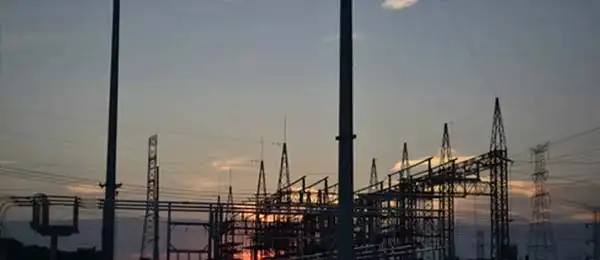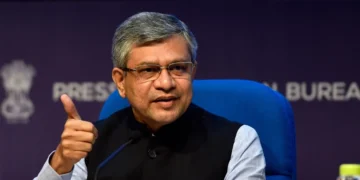Blitz Bureau
NEW DELHI: With the steadily increasing share of renewable energy in the national grid and promotion of clean and efficient energy technologies, there has been significant decrease of about 7 per cent (from 0.78 kg / KWh in 2014-15 to 0.72 Kg / KWh in 2023-24) in average carbon emission intensity of grid electricity in India, the Parliament was informed on August 21. Minister of State for Power Shripad Naik said that India has already achieved the target of 50 per cent of its installed electricity generation capacity from renewable energy this year, which was fixed for 20230.
“In its updated Nationally Determined Contribution (NDC) submitted to the United Nations Framework Convention on Climate Change (UNFCCC) in August 2022, India has targeted to achieve about 50 per cent of its cumulative electric power installed capacity from non-fossil fuel-based energy resources by 2030. As of July 31, 2025, the share of non-fossil fuel-based installed capacity has become 50.25 per cent of total installed generation capacity,” Naik said in a written reply to a question in the Lok Sabha.
India remains firmly committed to combating climate change while simultaneously ensuring energy security, affordability and accessibility as critical inalienable priorities to ensure growth and development alongside the energy transition of the economy towards achieving ‘Net-Zero’ emissions by 2070, he added.
In order to increase the share of renewable energy in India’s electricity generation mix, the Government has taken various measures. The Ministry of New & Renewable Energy (MNRE) has issued a Bidding Trajectory for the issuance of RE power procurement bids of 50 GW/annum by Renewable Energy Implementing Agencies from FY 2023-24 to FY 2027-28, and FDI has been permitted up to 100 per cent under the automatic route.


























